Introduction to Winter and Its Onset
Winter, the season of cold weather, snowfall, and cozy evenings by the fireplace, holds a unique place in our yearly calendar. Understanding when winter officially begins is a question that piques the interest of many, especially as we anticipate the change in weather and plan for the season ahead.
Defining Meteorological and Astronomical Winter
To comprehend when winter starts, we need to distinguish between two primary definitions: meteorological and astronomical winter. Meteorological winter is based on the annual temperature cycle and divides the year into four equal seasons. On the other hand, astronomical winter is defined by the tilt of the Earth’s axis and its orbit around the sun.
Meteorological Winter Start Date
Meteorologists often consider winter to begin on December 1st and end on February 28th (or 29th in a leap year). This definition is more practical for weather forecasting and climatological purposes, as it aligns with the coldest three months of the year in the Northern Hemisphere.
Astronomical Winter Start Date
Astronomical winter, however, is determined by the winter solstice, which usually occurs around December 21st in the Northern Hemisphere. During this solstice, the Northern Hemisphere is tilted furthest away from the sun, resulting in the shortest day and longest night of the year. This marks the official beginning of astronomical winter.
Cultural Perspectives on Winter’s Beginning
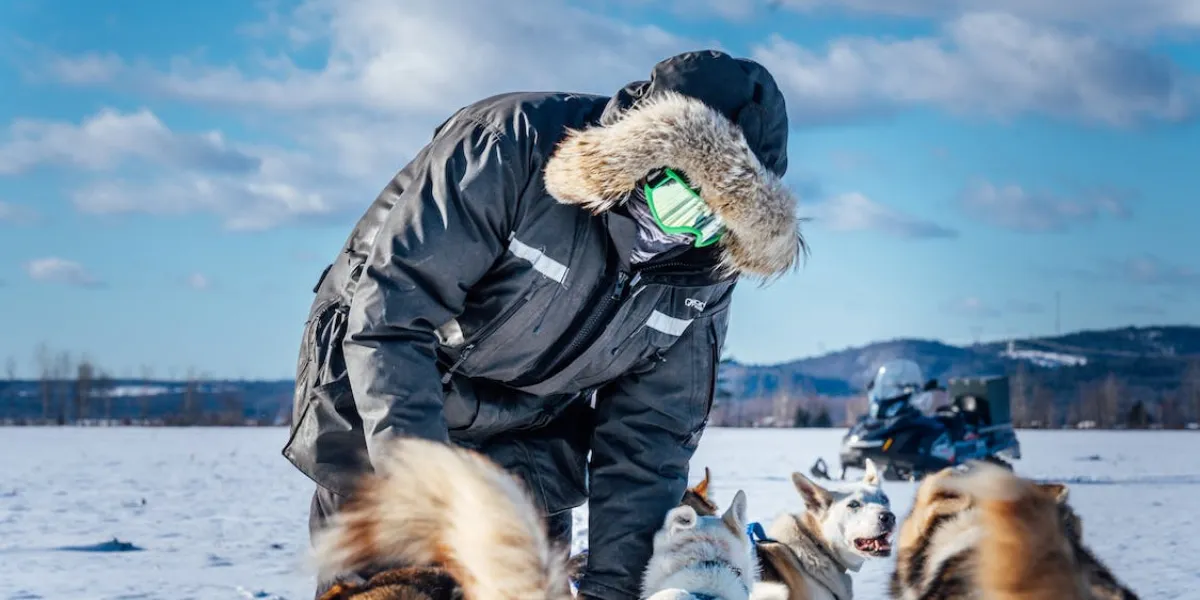
Various cultures around the world have unique ways of marking the onset of winter. In some cultures, it’s linked to specific celestial events or traditional observations. For instance, in ancient Celtic traditions, winter was associated with the festival of Samhain, which eventually influenced modernday Halloween.
Historical Winter Start Dates
Throughout history, the determination of when winter begins has evolved. In ancient times, communities often relied on celestial events like solstices and equinoxes to define the seasons. However, as our understanding of astronomy and meteorology has advanced, we’ve developed more precise methods for marking the beginning of winter.
Scientific Basis for Winter’s Arrival
The start of winter is scientifically determined based on complex factors, including the Earth’s tilt and its position in orbit around the sun. These factors interact to create the distinct seasons we experience, including winter.
Winter Start Dates in Different Hemispheres
It’s important to note that the start of winter varies between the Northern and Southern Hemispheres. While the Northern Hemisphere experiences winter in December, the Southern Hemisphere begins its winter around June.
Effects of Climate Change on Winter’s Onset
Climate change has begun to alter the timing and characteristics of winter. Warmer temperatures and shifts in weather patterns are influencing when winter begins and how it manifests, impacting both the environment and human activities.
Traditional Signs of Approaching Winter
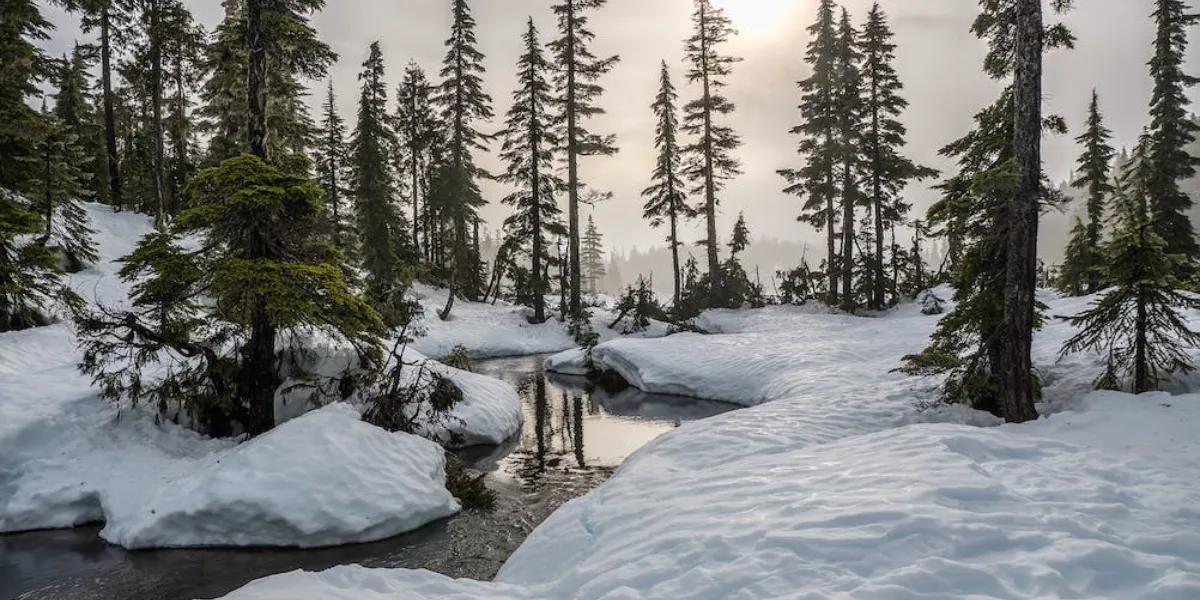
Before modern calendars and scientific calculations, people relied on traditional signs to anticipate winter’s arrival. These signs, often rooted in nature and animal behavior, helped communities prepare for the challenges of the colder months.
Local Variations in Winter Start
Winter’s onset can vary significantly based on your geographical location. Regions closer to the poles experience longer and more severe winters, whereas those near the equator may have milder, shorter winter seasons.
Planning for Winter: Preparedness and Activities
To make the most of winter, it’s essential to plan and prepare. From winterizing your home to embracing seasonal activities like skiing, ice skating, or simply enjoying a cup of hot cocoa by the fire, there’s much to anticipate and enjoy as winter unfolds.
Understanding when winter starts helps us prepare for the changing weather, adjust our activities, and appreciate the unique beauty and experiences that each season brings. Whether you follow meteorological or astronomical definitions, the magic of winter is something we all eagerly await. Stay warm and enjoy the winter wonderland!
Click here visited more posts!



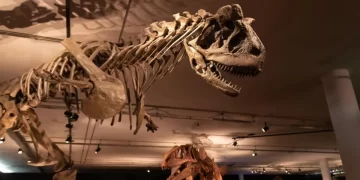

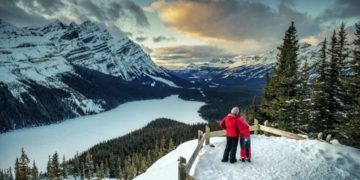

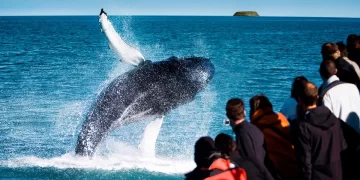






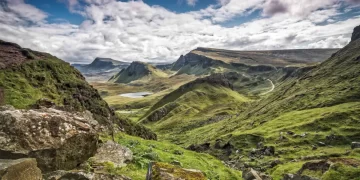



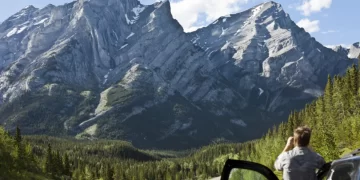







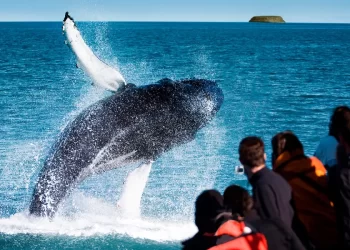













Discussion about this post